Congratulations! You just got a new kitten.
But wait, did you just discover that your adorable little furball has fleas?
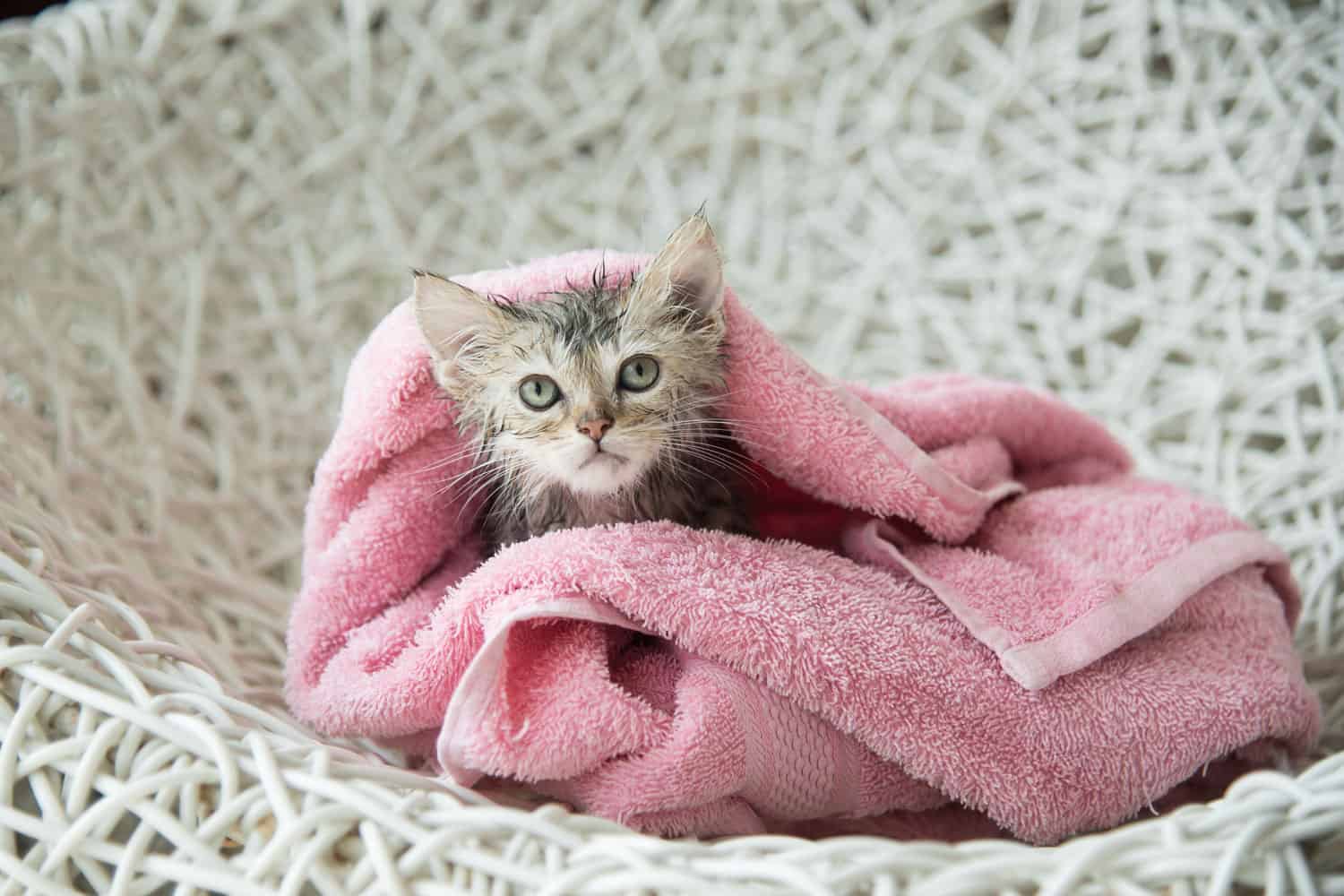
Or maybe your kitten has gotten into something messy and needs a good bath?
You may have heard that Dawn dish soap is a great way to clean your furry friend.
But is it really safe?
Well, the answer is yes, but with cautionary conditions.
While dish soap may seem like a good alternative, it's not necessarily the best option for your furry friend.
In fact, many experts recommend against using dish soap to clean cats.
Why You Should Avoid Using Dish Soap on Cats
While Dawn dish soap may be a quick fix for fleas or a dirty kitten, it is not the safest long-term solution.
Simply put, dish soaps are not formulated for use on cats.
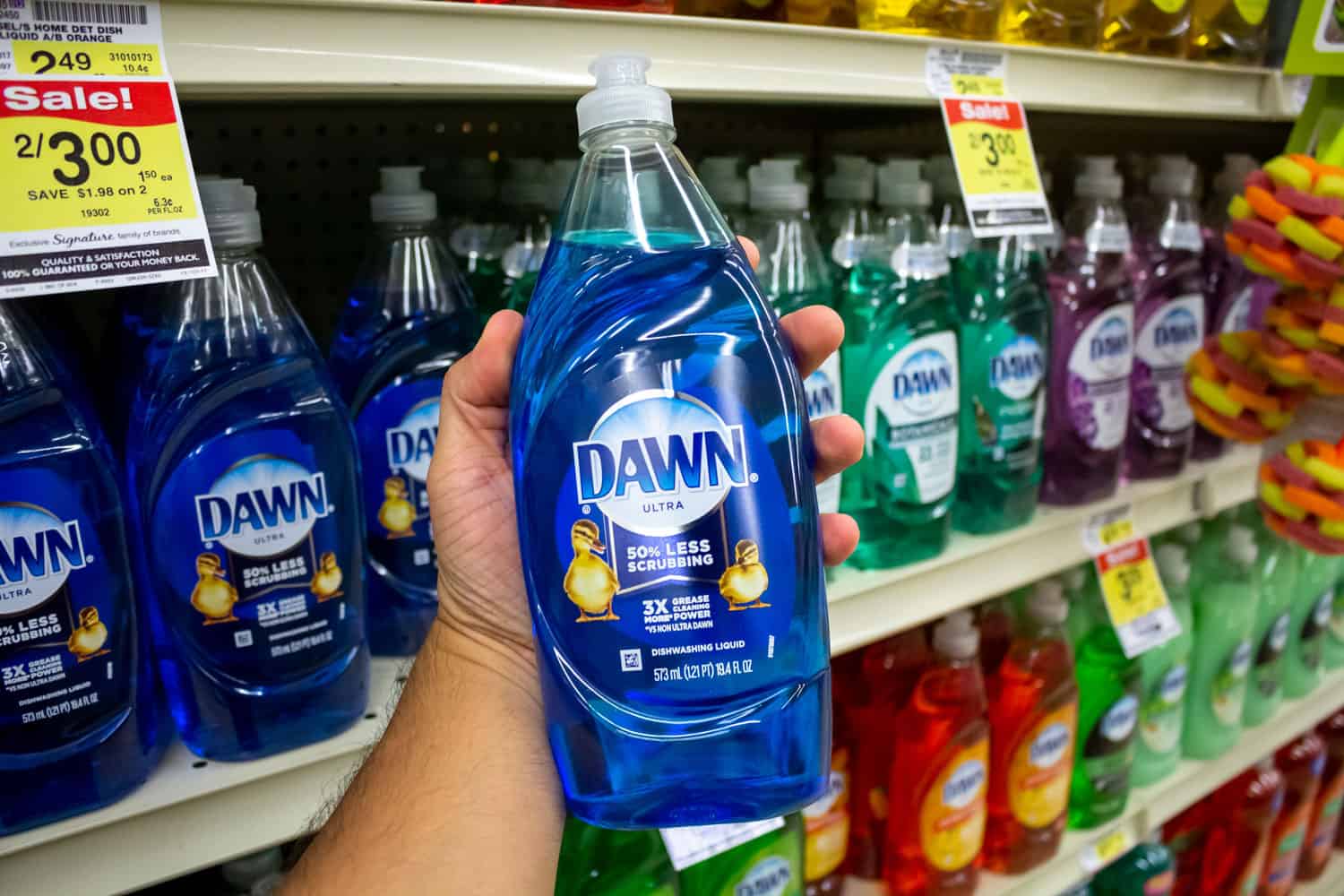
Cats have a different pH balance than humans. Using human soap or dish soap can disrupt their natural balance and cause skin irritation.
Some dish soaps are also highly acidic and can strip away the natural oils on a cat's skin, leading to dry skin and other skin conditions.
Effects of Dawn on Cat's Skin and Fur
The harsh chemicals in the soap can cause the fur to become dry and brittle, leading to breakage and hair loss.
Over time, the fur may become dull and lifeless, making your kitten look unhealthy.
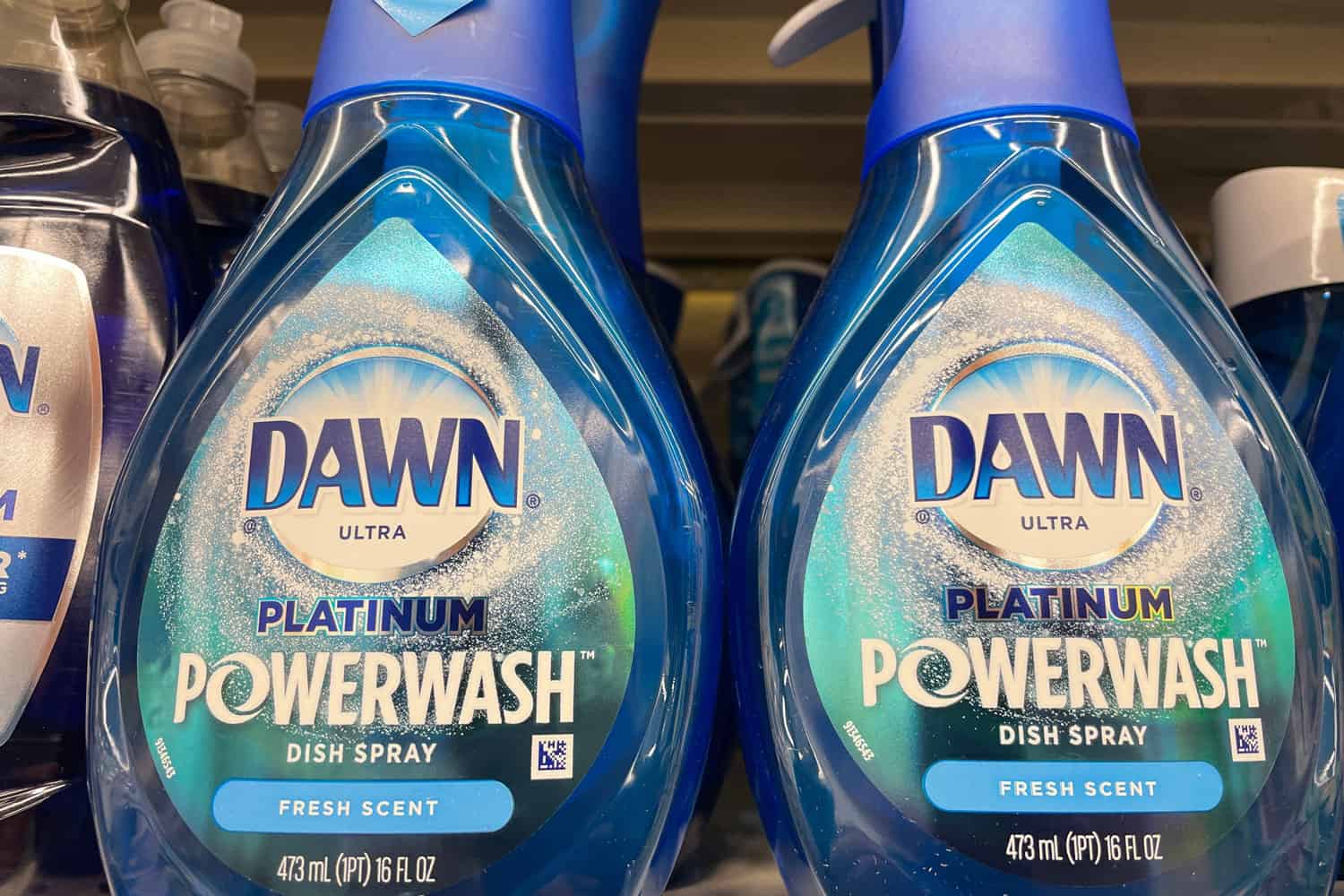
Besides the possible dryness, it can cause to your kitten’s skin, dish soap can irritate your kitten's eyes and cause discomfort.
The dyes and artificial fragrances can also cause allergic reactions and other health issues.
In Case of Emergency, Can You Wash A Kitten With Dawn?
If you find yourself in an emergency situation where your kitten's health is in danger if they are not washed quickly, then unscented and mild dish soaps may be useful.
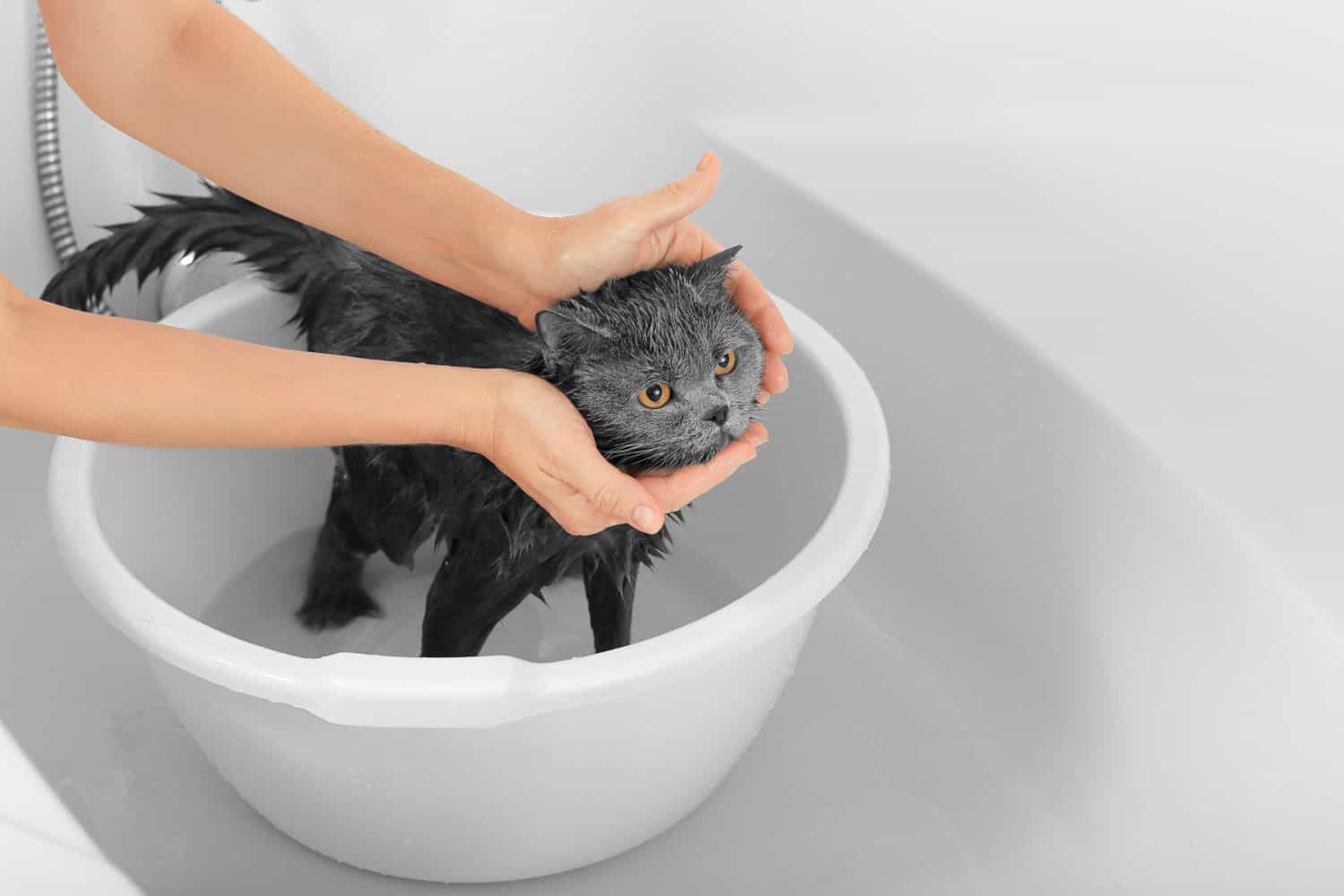
However, it is important to rinse your kitten thoroughly and use a cat-specific soap as soon as possible to prevent any long-term damage.
Also, dilute the soap and use it sparingly. Rinse your cat thoroughly and monitor them closely for any signs of skin irritation or other health problems.
Using a cat-specific soap is the best way to ensure that your kitten's skin and fur stay healthy and clean.
Remember to always prioritize your kitten's health and well-being.
What Are the Safest Options?
It is recommended to use cat-specific soap or shampoo.
These products are specially formulated for the delicate skin of cats. They are gentle, effective, and safe.
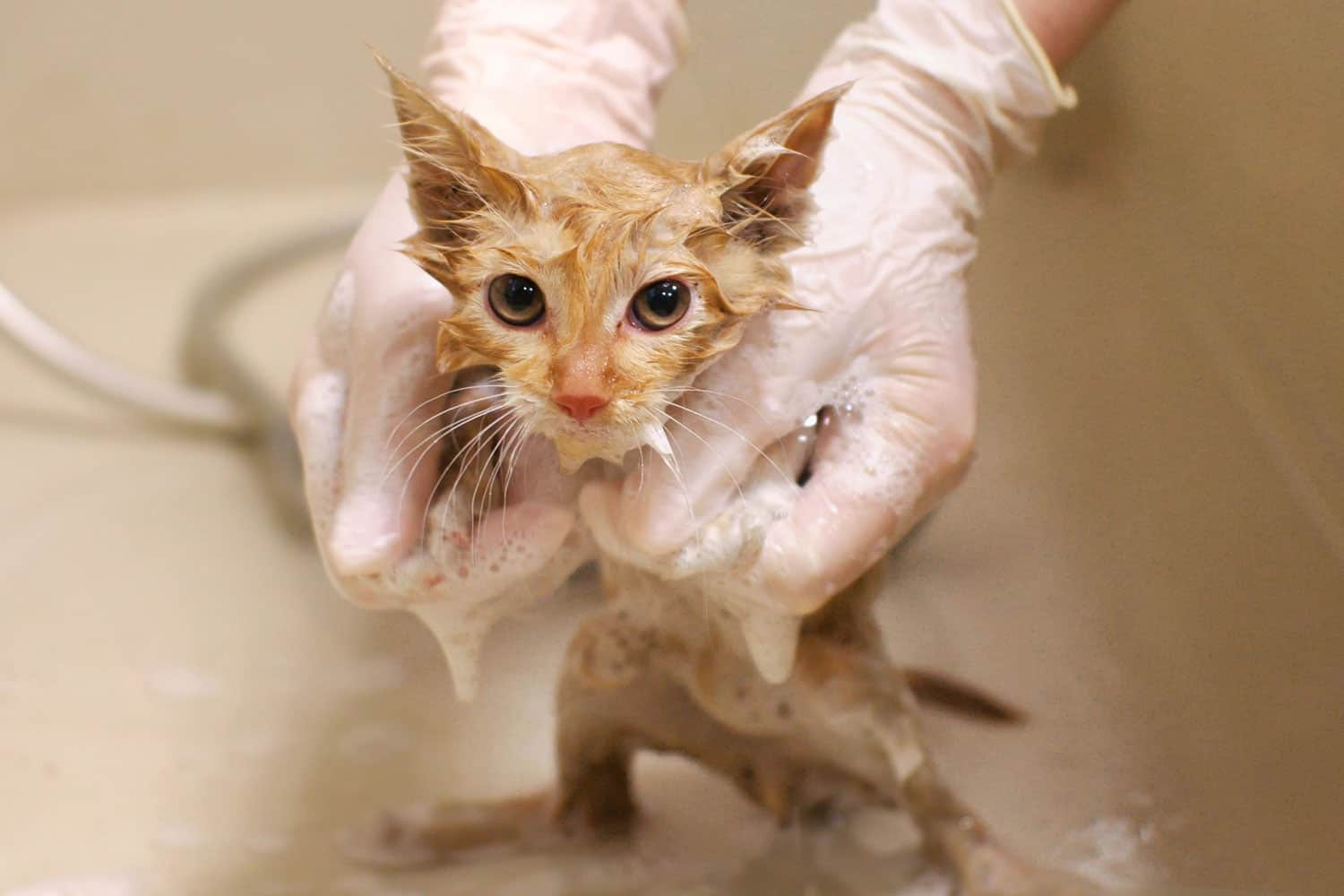
You can find cat shampoo at your local pet store or online. Look for products that are free of harsh chemicals and fragrances.
Waterless shampoo is another alternative option for bathing your kitten. It is a quick and easy way to clean your kitten without getting them wet.
Waterless shampoo comes in a spray bottle and can be applied directly to your kitten's coat. Massage the shampoo into their fur and then towel dry them.
If you don't have cat-specific soap or waterless shampoo, you can also use baby shampoo.
Baby shampoo is gentle and safe for kittens. It is designed to be mild and non-irritating.
However, it is important to note that baby shampoo should only be used in emergency situations. It is not a long-term solution for bathing your kitten.
Lastly, you can use a damp cloth or wet wipes to clean your kitten. This method is ideal for spot cleaning or for kittens who are afraid of water.
Use a damp cloth or wet wipe to gently clean your kitten's fur. Be sure to avoid their face and eyes.
Most importantly, remember to muster up all your patience and gentleness when bathing your kitten!
At What Age Can a Kitten Be Bathed?
Kittens should not be bathed until they are at least 4 weeks old.
Before this age, a kitten's immune system is not fully developed, and they are more susceptible to illness or infection.
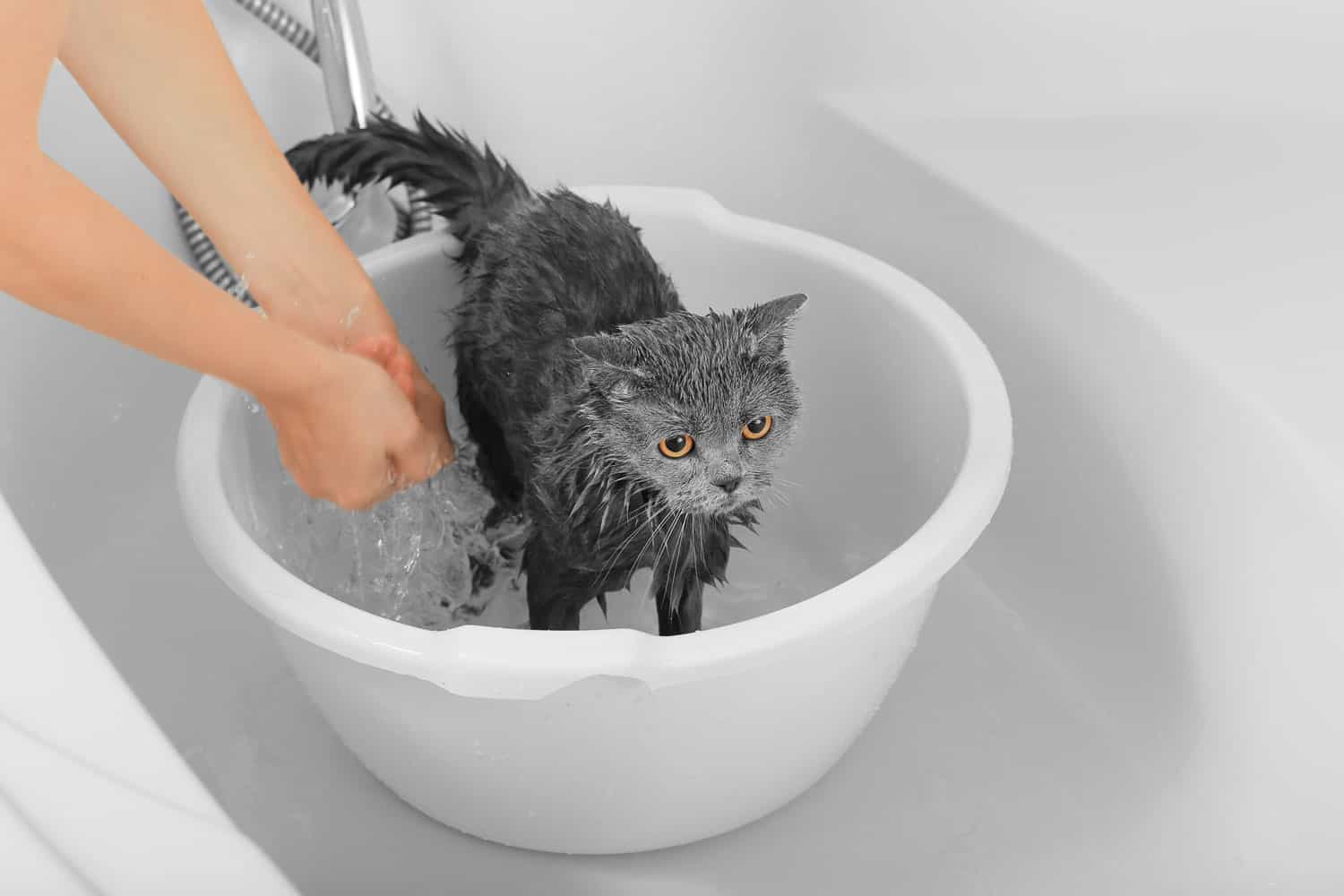
When you do bathe your kitten, make sure to use a gentle cat-specific shampoo and avoid getting water in their ears or nose.
It is important to note that regular bathing is not necessary for most kittens.
Cats are naturally skilled at grooming themselves, and they only need occasional baths if they get particularly dirty or smelly.
Concluding Thoughts: Can You Wash A Kitten With Dawn (Or Dish Soap)?
There you have it!
With the information you've absorbed, you're now well-equipped to handle the delicate task of keeping your new kitten clean. Remember, while Dawn dish soap may seem like an easy solution, its long-term use isn't advisable for maintaining your kitten's skin and fur health.
Armed with this knowledge, you're ready to ensure your feline friend leads a clean, healthy life. Here's to many memorable, scratch-free bathing sessions with your little furball!
May you have a scratch-free bath time with your kitty!
To learn more about cat-friendly hygiene, also read:
Bathing An Adopted Cat: Necessary Or Optional?
Giving Your Cat a Bath: Guide For A Shorthair Bath Time
Some elements on this page may have been created by our team using advanced AI to provide you with top-notch cat inspired ideas. Read more about our AI Content Policy.
